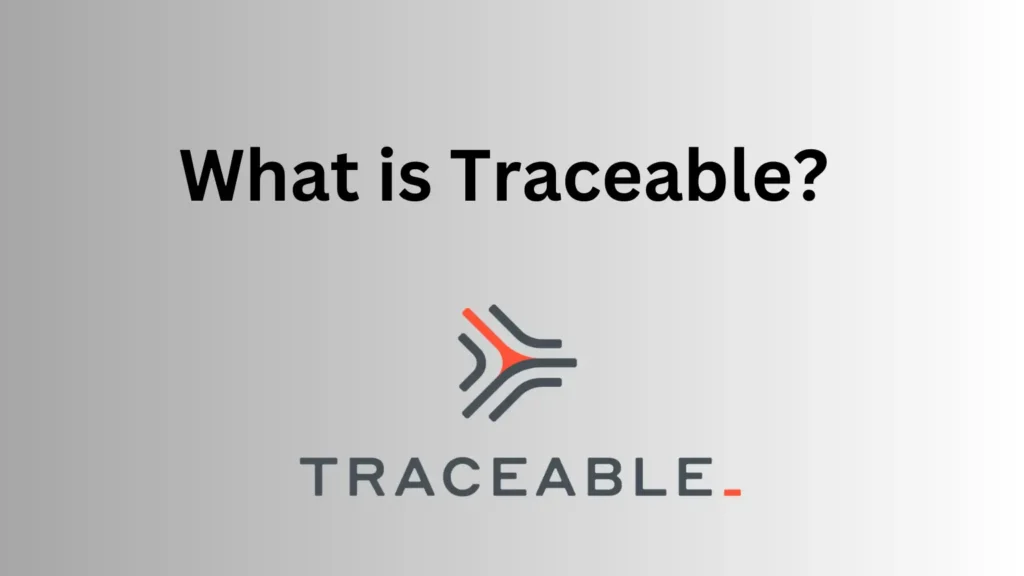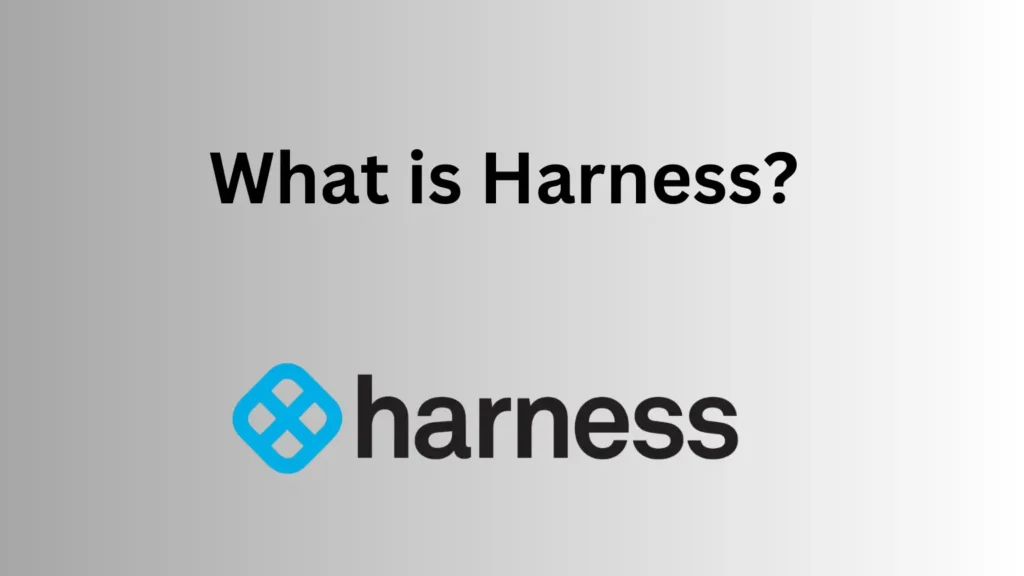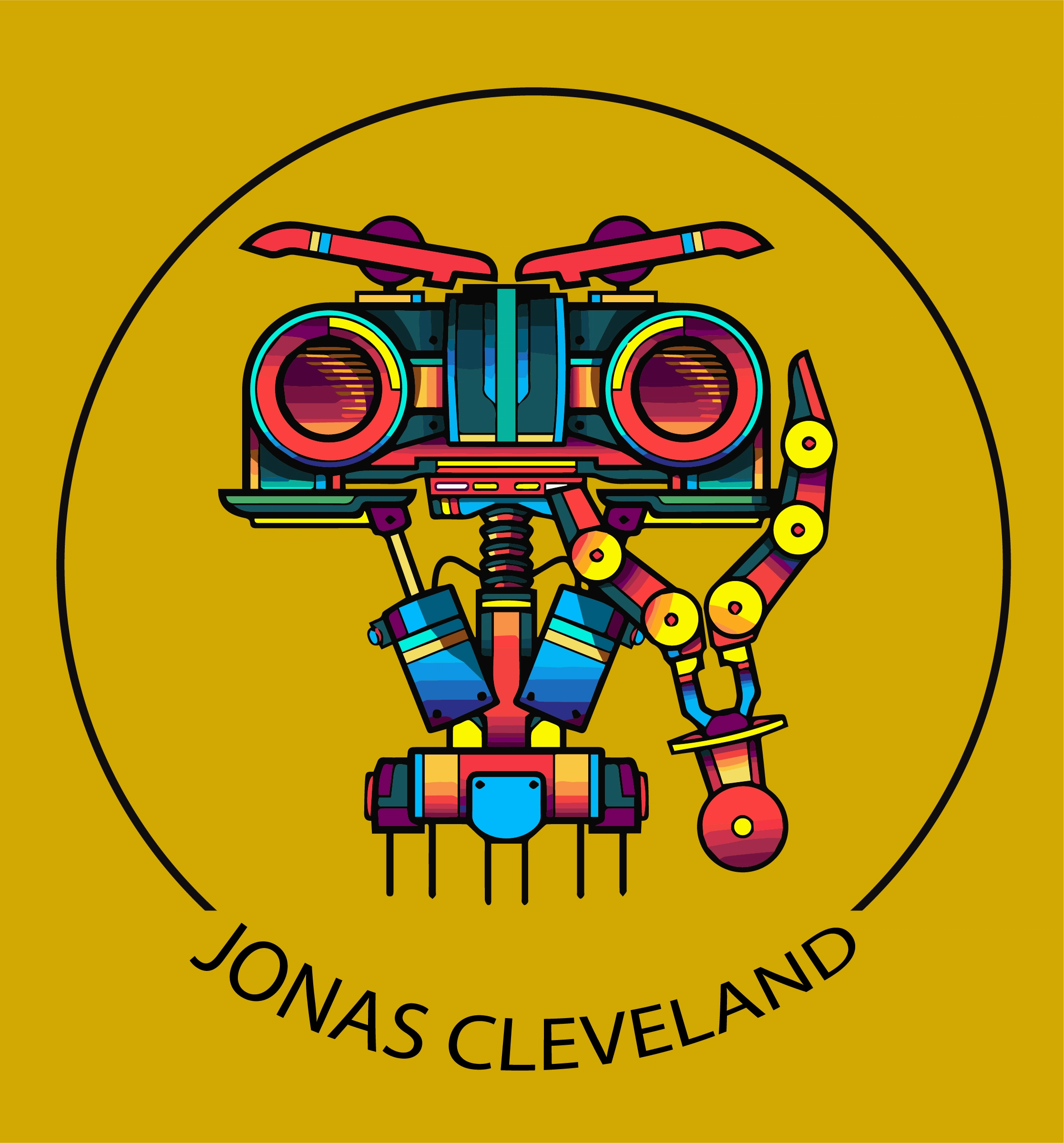What is Traceable? From Core Features to Market Alternatives and Beyond?

Traceable AI is a cutting-edge security platform designed to provide in-depth insights and protection for API traffic. It empowers organizations to monitor, analyze, and secure their APIs against a myriad of vulnerabilities and threats. Background Story Traceable AI was founded in 2019 by Jyoti Bansal and Sanjay Nagaraj, two experienced entrepreneurs with a passion for building innovative technology solutions. Bansal is a serial entrepreneur and investor, having co-founded AppDynamics, a leading application performance management company that was acquired by Cisco for $3.7 billion. Nagaraj is a seasoned technology executive with over 20 years of experience in building and scaling enterprise software products. Traceable AI is headquartered in San Francisco, California, and has a team of experienced security professionals, data scientists, and software engineers. The company has also partnered with leading organizations in the security and technology industries, including AWS, Google Cloud, and Microsoft Azure. Target Customers Traceable AI’s target customers are organizations that rely on APIs to power their digital services, including e-commerce, financial services, healthcare, and government agencies. The company’s API security platform is designed to protect APIs at every stage of the development and deployment process, from identifying and testing APIs to evaluating API risk posture, stopping API attacks, and providing deep analytics for threat hunting and forensic research. Featured Customers Traceable AI has a growing list of featured customers, including some of the world’s leading enterprises across various industries. These customers have deployed Traceable’s API security platform in 7 days or less and have benefited from continuous protection as their organizations scale. Some of the featured customers include: – Funding, Capital Raised, Estimated Revenue Traceable AI has raised approximately $80 million in venture financing to date, with the bulk of the funding going toward supporting product development and research. The company announced a $20 million Series A round in July 2020 and a $60 million Series B round in May 2022. The latest Series B funding values Traceable at more than $450 million, and the company plans to use the funds to expand its global reach and accelerate product innovation. While Traceable AI has not disclosed its estimated revenue, the company has witnessed record growth during the first half of 2023. Traceable AI has also won seven high-profile industry awards, including the 2022 SC Award for Best API Security Solution and the 2022 Cybersecurity Excellence Award for Best API Security. Products and Services Traceable AI’s API security platform provides comprehensive protection for every API, from identifying and testing APIs to evaluating API risk posture, stopping API attacks, and providing deep analytics for threat hunting and forensic research. The platform is powered by machine learning and distributed tracing, which enables Traceable AI to understand the DNA of the application, how it is changing, and where there are anomalies in order to detect and block threats. Traceable AI’s API security platform includes the following products and services: What is Harness? Exploring its Features, Alternatives, and More Competitors Traceable AI’s API security platform competes with other API security solutions on the market, including: Pros and Cons of Traceable Pros Cons
What is Harness? Exploring its Features, Alternatives, and More

Harness is a cloud-native software delivery platform that simplifies the complexities of continuous integration and continuous delivery (CI/CD) for engineering teams. It provides automation, visualization, and optimization tools to enhance the software release process. Background Story Harness was founded in San Francisco in 2017 by Jyoti Bansal, who is also the CEO of the company. Prior to founding Harness, Bansal was the founder and CEO of AppDynamics, a software company that was acquired by Cisco for $3.7 billion in 2017. The harness was spun out of BIG Labs, a startup studio designed to solve hard technology problems and build enduring companies. Target Customers Harness aims to enable every software engineering team in the world to deliver code reliably, efficiently, and quickly to their users. The company’s target customers are enterprises that are looking to accelerate their digital transformation efforts by adopting modern software development practices, such as Continuous Delivery-as-a-Service. Harness’s customers come from a wide range of industries, including finance, healthcare, retail, and technology. Some of the featured customers of Harness include SheerID, Deluxe Corporation, and United Airlines. Funding, Capital Raised, Estimated Revenue Harness has raised $195 million of venture capital from top-tier investors, including Morgan, Capital One Ventures, Splunk Ventures, Adage Capital Partners, Balyasny Asset Management, Gaingels, Harmonic Growth Partners, and all existing investors participating, including ServiceNow, Menlo Ventures, IVP, Unusual Ventures, Citi Ventures, Battery Ventures, Alkeon Capital, GV (formerly Google Ventures), Sorenson Capital, Thomvest Ventures, and Silicon Valley Bank.Harness Valuation Soars to $3.7 Billion With $230 Million in Series D Funding by April 2022. Products and Services Harness is the first Continuous Delivery-as-a-Service platform that uses Machine Learning to simplify the entire process of delivering code from artifact into production – quickly, safely, securely, and repeatably. The platform offers a suite of products and services that help software engineering teams manage their code, costs, and service reliability. Some of the key features of Harness include: What is Samsara? Products, Competitors, Pros, Cons and More Competitors Harness competes with a number of other companies in the Continuous Delivery-as-a-Service market, including: Pros and Cons of Harness Pros Cons
